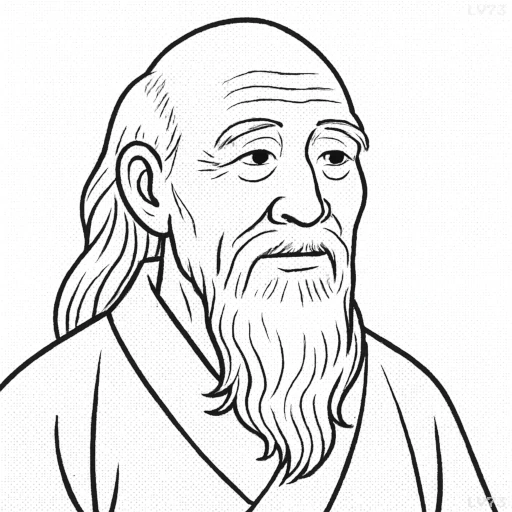“The wicked leader is he who the people despise. The good leader is he who the people revere. The great leader is he who the people say, ‘We did it ourselves.'”

- 571 BC? – 470 BC?
- Born in China
- Philosopher
table of contents
Quote
“The wicked leader is he who the people despise. The good leader is he who the people revere. The great leader is he who the people say, ‘We did it ourselves.'”
Explanation
This quote from Laozi reflects his philosophy of humble, empowering leadership. Laozi contrasts three types of leaders based on their relationship with the people they lead. The wicked leader is despised because they impose their will upon others, fostering resentment and a sense of oppression. The good leader, while perhaps more admired, still maintains a level of separation from the people, as their reverence is rooted in the leader’s own actions and achievements. However, the great leader transcends this by empowering the people to such an extent that they feel their success is their own, with the leader’s influence felt only subtly, if at all. This type of leadership is transformative, as it fosters autonomy, growth, and a sense of collective achievement.
Laozi’s view of leadership aligns with his core Daoist teachings of non-action (wu wei)—the idea that the best way to lead is not through forceful control but through gentle guidance that encourages natural development. The leader does not impose themselves, but instead facilitates an environment where people can thrive and accomplish their goals independently. This kind of leadership is not about the leader’s personal glory, but about the empowerment and fulfillment of the people.
In the modern context, Laozi’s insight speaks to the growing preference for servant leadership and collaborative management styles, where leaders are seen not as figures of authority to be revered, but as facilitators who help others reach their potential. This can be seen in successful companies where leaders focus on fostering innovation and autonomy among employees, or in social movements where leaders guide but ultimately aim to make themselves unnecessary. The “great leader” is the one who inspires self-reliance and confidence in others, allowing the collective effort to shine.
Would you like to share your impressions or related stories about this quote in the comments section?


